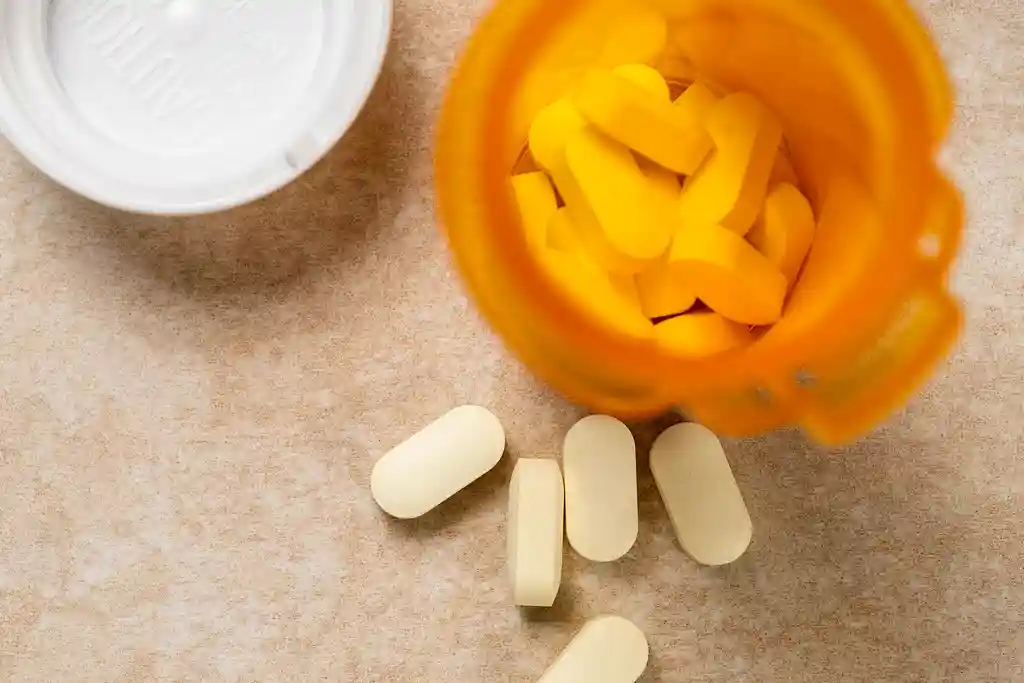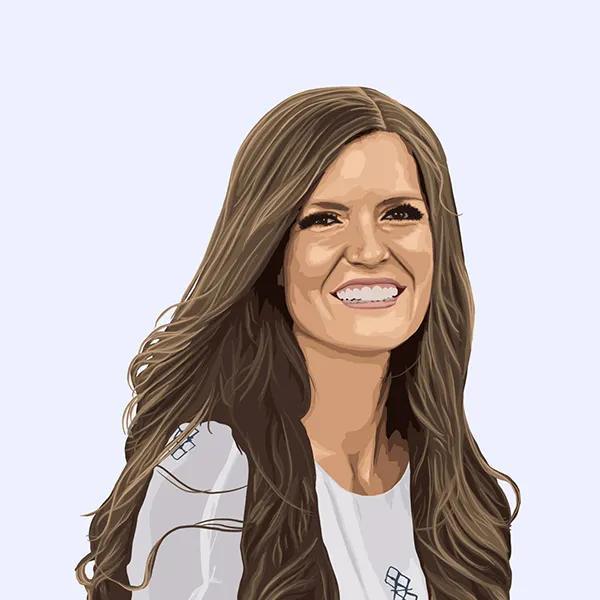
When I started taking opioids, they were all I was taking. I’d always thought of medicine as a take-only-when-needed kind of thing, not something I would be on for the long term.
I was young. I didn’t realize how many people have to take medications to function, and even though my father had taken a hydrocodone and acetaminophen combination as long as I’d been alive, I just didn’t see medicine as something I would ever need.
Before I had the surgery on my spine that led to my needing opioids in the first place, the doctors had put me on gabapentin. I hated it -- it made me extremely irritable. So when the doctor told me to start taking it again about a month after the surgery, I didn’t like it one bit, but I complied.
After all, I’d never had surgery on my spine before. If they said I needed it, they must be right.
Then after a while, as I was struggling with strong feelings of depression and anxiety, the doctors gave me a citalopram prescription. "It’ll help you feel better," they said. "You’ll need to be on this as long as you’re on opioids, and maybe even longer than that."
Again, they were the doctors. I was just the patient. So I added citalopram to my pill regimen and carried on like that for a while.
But then I started needing more opioids to function. The dose I was at wasn’t helping anymore -- I needed a higher one. The problem is, there wasn’t a higher one, so the only solution I could see was to take more pills. That made up the difference.
When talking to doctors about this problem, however, they told me that I needed to start taking another medication, tramadol, in addition to the medications I was already taking. "It’s another pain med," they said, "one that will help so you don’t need to take as much hydrocodone."
Maybe the additional pain med helped, maybe it didn’t, but all I know is I didn’t need to decrease the primary opioid I was taking. As time went on, I just needed more and more of the hydrocodone, eventually getting to the point where I couldn’t go on that way but I had nowhere else to turn.
Reaching out to my prescribing doctors was pointless. "You got yourself into this mess," they said. "Now you have to get yourself out of it."
Their solution was to continue giving me medicine, but at the same amount -- the amount that no longer worked for me. If it wasn’t for my dad, ho knows where I’d be today.
As he helped me taper off the medicine, I had to figure out how and when to stop taking the other prescriptions too. Tramadol was the first to go; I didn’t really see what that pill was doing for me anyway.
Then the tapering from gabapentin began, but I remained on the citalopram until after I was fully clean from opioids. I was already in pain enough -- why make it worse?
I did eventually stop taking the citalopram as well, after feeling that I’d walked through hell and back. I’d stay off any sort of selective serotonin reuptake inhibitors (SSRIs) for another 10 years after that before accepting a different one to help treat my mental health.
Now I’m back to taking most medications as needed. There are some that I need long term, like my SSRI and medication for my multiple sclerosis, but anything else is on an as-needed basis.
While prescription drugs have their place, I'm grateful that I’m no longer in a cycle of taking multiple pills to get me through. Especially because at the end of the day, it wasn’t necessary.
Photo Credit: Tetra Images via Getty Images
